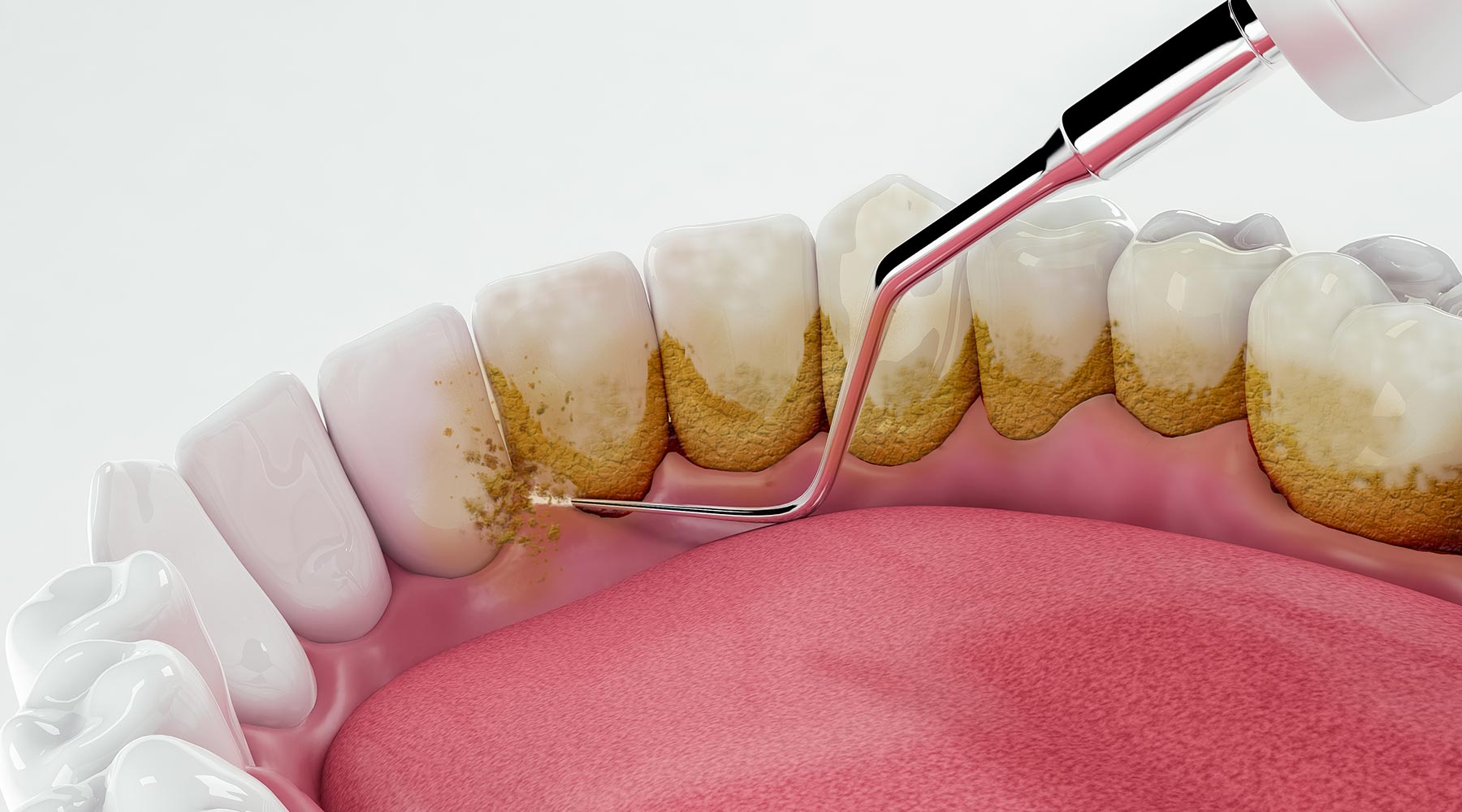Treatments
Scaling & Polishing
Your smile will remain healthy and cheerful if you receive regular scaling & polishing treatment. Regular dental checkups and proper oral hygiene are the only two easy steps to healthy oral hygiene. Maintaining good oral hygiene is crucial for maintaining healthy teeth and gums and reducing the likelihood of developing dental issues in the future.
What is Scaling and Polishing Treatment?
Scaling is a comprehensive dental cleaning that involves removal plaque and tartar (calculus) from periodontal pockets around the gums and around the teeth. A dentist will assess your plaque buildup and look for any signs of periodontal disease during the initial examination. Then, they will do a professional cleaning and polishing using a combination of contemporary dentistry procedures. Plaque and bacteria from above and below the gum surfaces are eliminated in this way. Your teeth will be polished when the plaque is removed thoroughly, leaving them feeling smooth and clean. After that, your dentist will demonstrate how to take care of your teeth at home. They will give you guidance on all facets of dental hygiene, such as the proper use of dental floss and toothbrush.

Need To Know
Appointments
- 1-2 appointments depending on calculus buildup, usually required every 6 months.
- in certain cases of heavy staining an additional procedure of Prophy polishing is required to remove hard stains.
- prophy polishing usually takes around 30 minutes.
Before your appointment
- No special preparation needed.
How long it takes
- Scaling & polishing treatment usually takes around 45 – 60 minutes for single visit.
- In some cases it takes more time depending upon the tartar deposit on the teeth
After your appointment
- You can usually carry on as normal.
- Avoid extreme hot and cold as you may feel slight sensitivity for 24-48 hours after the procedure.
- follow the hygienic procedures as demonstrated by the dentist.
You may be asked about
- Your dental history and medical history.
- Your normal oral care routine at home.
Quick tip
- If your dentist gives you advice about daily dental care like teeth brushing techniques and how often you should floss, write it down. It takes time to build a new habit – some say 21 days or more. In the meantime, here’s a handy idea. Stick your note about your new dental care routine on your bathroom mirror as a daily reminder.

